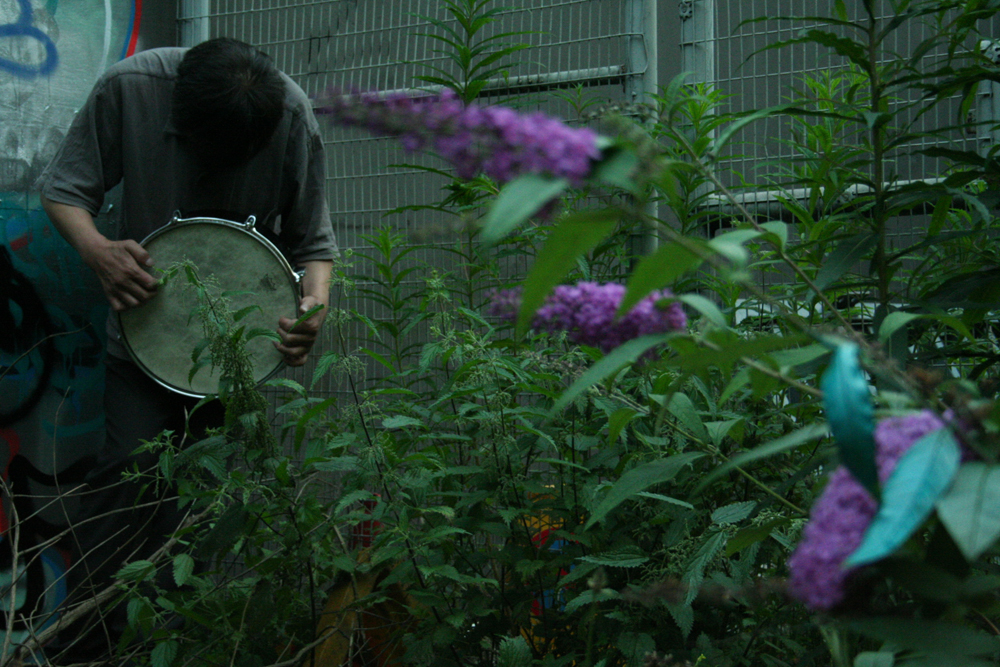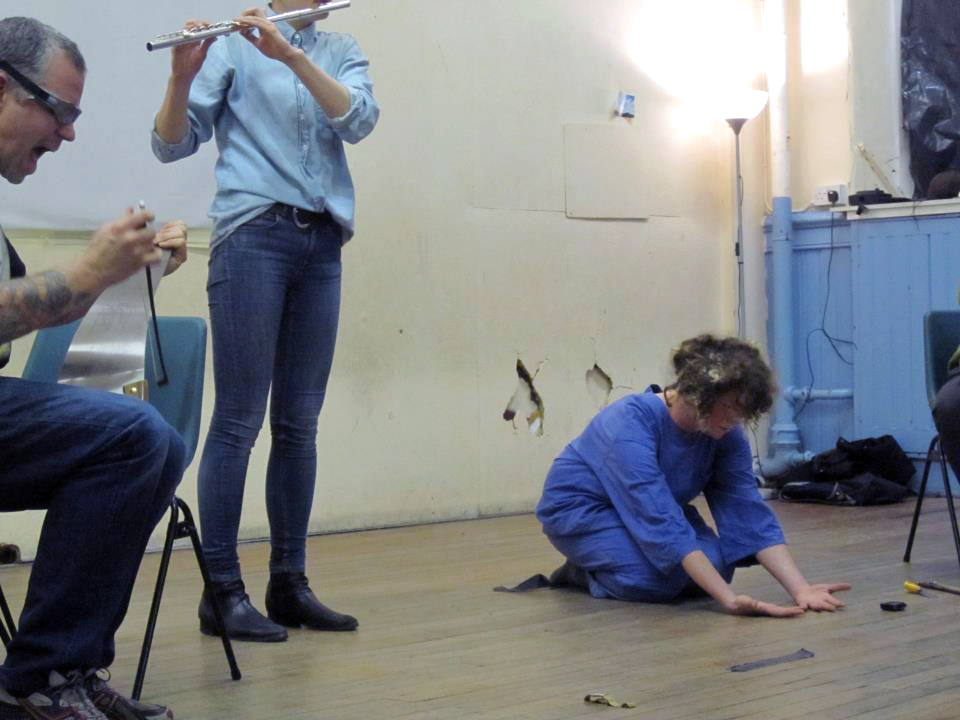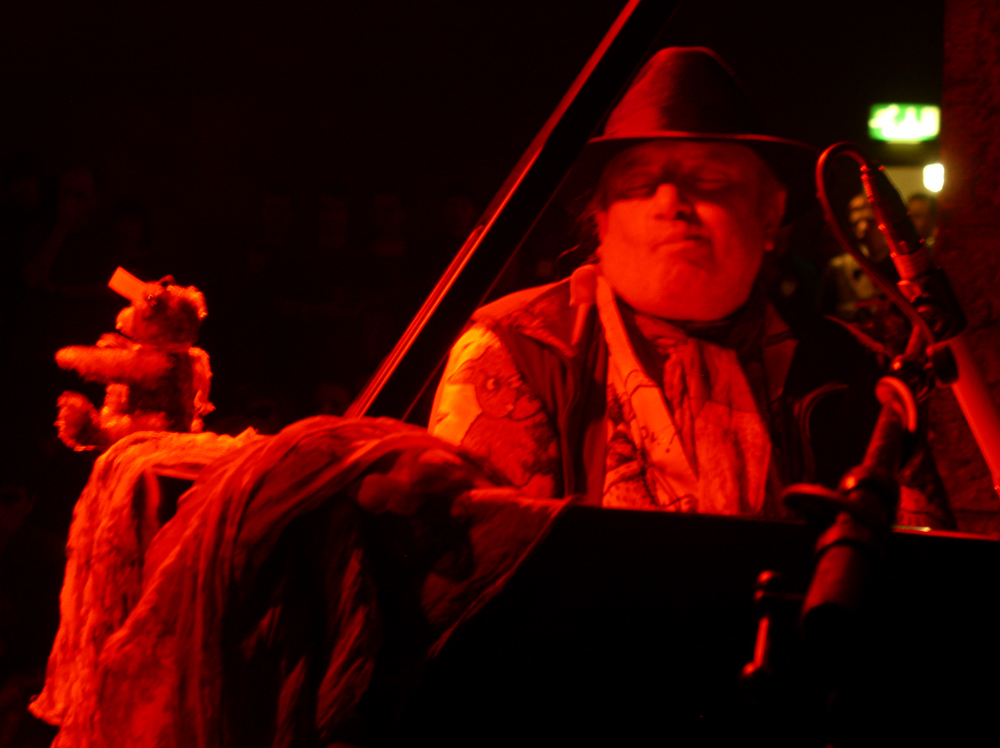
Semiotics of the Kitchen & To Pour Milk into a Glass
David Lamelas Martha Rosler
Stripping back the domesticated ‘meaning’ of (everyday, mundane, kitchen) tools to reveal “a lexicon of rage and frustration.” Plus an allegorical use of mundane, everyday things as an examination of how meaning is constructed in film.











